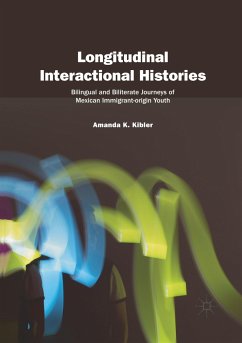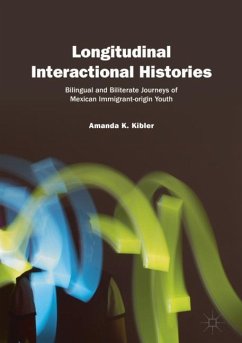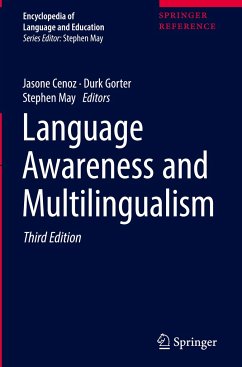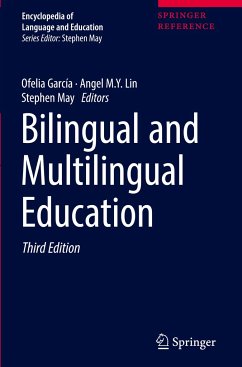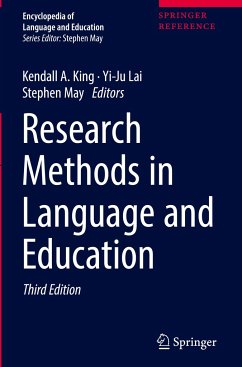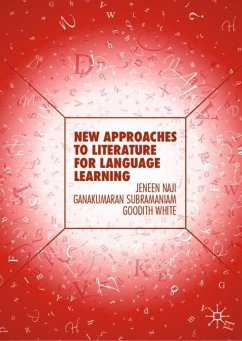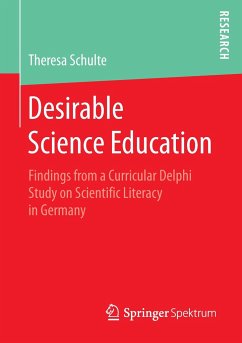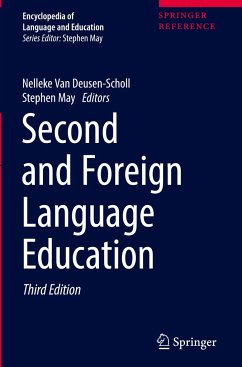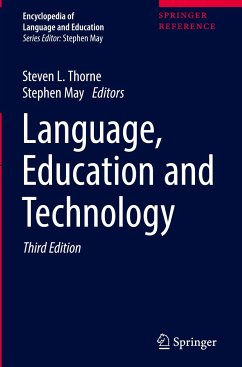
Multiliteracies, Discourses and Identities
The Multiliteracy Practices of Chinese Children in Britain
Versandkostenfrei!
Versandfertig in 6-10 Tagen
70,50 €
inkl. MwSt.
Weitere Ausgaben:

PAYBACK Punkte
0 °P sammeln!
This book explores the everyday reading and writing experiences of children from Chinese families living in Britain. Using an ethnographic approach, the author presents in-depth case studies of three migrant children, all of whom received some education in mainland China before moving to Britain. The theoretical framework is based on the New Literacy Studies approach and the author introduces a new conceptual and analytical term: the «Literacy Events Network».The study investigates the links between the children's social domains, identities and multilingual practices, exploring the power rel...
This book explores the everyday reading and writing experiences of children from Chinese families living in Britain. Using an ethnographic approach, the author presents in-depth case studies of three migrant children, all of whom received some education in mainland China before moving to Britain. The theoretical framework is based on the New Literacy Studies approach and the author introduces a new conceptual and analytical term: the «Literacy Events Network».
The study investigates the links between the children's social domains, identities and multilingual practices, exploring the power relations in which they are embedded and the ways they perceive themselves as they engage in literacy activities that connect their lives in Britain with China. The findings indicate that the children are not passive participants in the process of migration. Mediated by their parents and friends, they take part in a wide variety of literacy activities across multiple social settings, both online and offline. The book provides valuable insights into the uses and meanings of literacy for these children and opens up avenues for further research into the experiences of Chinese communities in Britain.
The study investigates the links between the children's social domains, identities and multilingual practices, exploring the power relations in which they are embedded and the ways they perceive themselves as they engage in literacy activities that connect their lives in Britain with China. The findings indicate that the children are not passive participants in the process of migration. Mediated by their parents and friends, they take part in a wide variety of literacy activities across multiple social settings, both online and offline. The book provides valuable insights into the uses and meanings of literacy for these children and opens up avenues for further research into the experiences of Chinese communities in Britain.





